As someone who has struggled with low supply for both of my babies, who had over forty appointments with lactation consultants throughout Switzerland and also in Australia, who used formula and donor milk through a Supplemental Nursing System for almost six months, who tried seemingly every milk-building remedy from every culture on earth, it’s time I write this post.
I had some truly wonderful friends during this time, but I also lost friends during this time, which still breaks my heart.
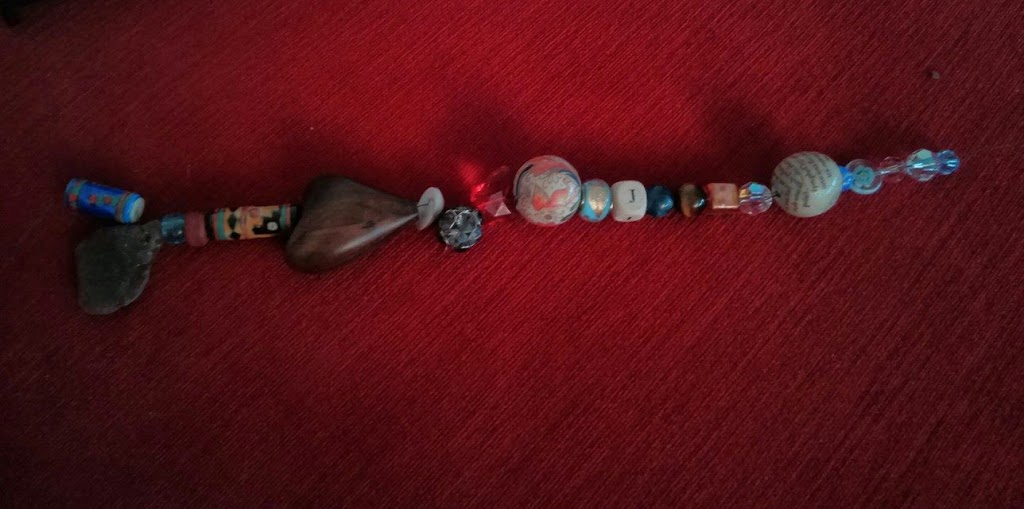
If you find yourself sitting next to your friend who is struggling with low supply, whether you consider it true low supply or merely ‘perceived low supply’, here’s a few tips.
Disclaimer: I am a very sensitive person. During the first six months of each of my baby’s lives, I was the most vulnerable and emotionally pained that I have ever been. All I can do is share my own personal experience.
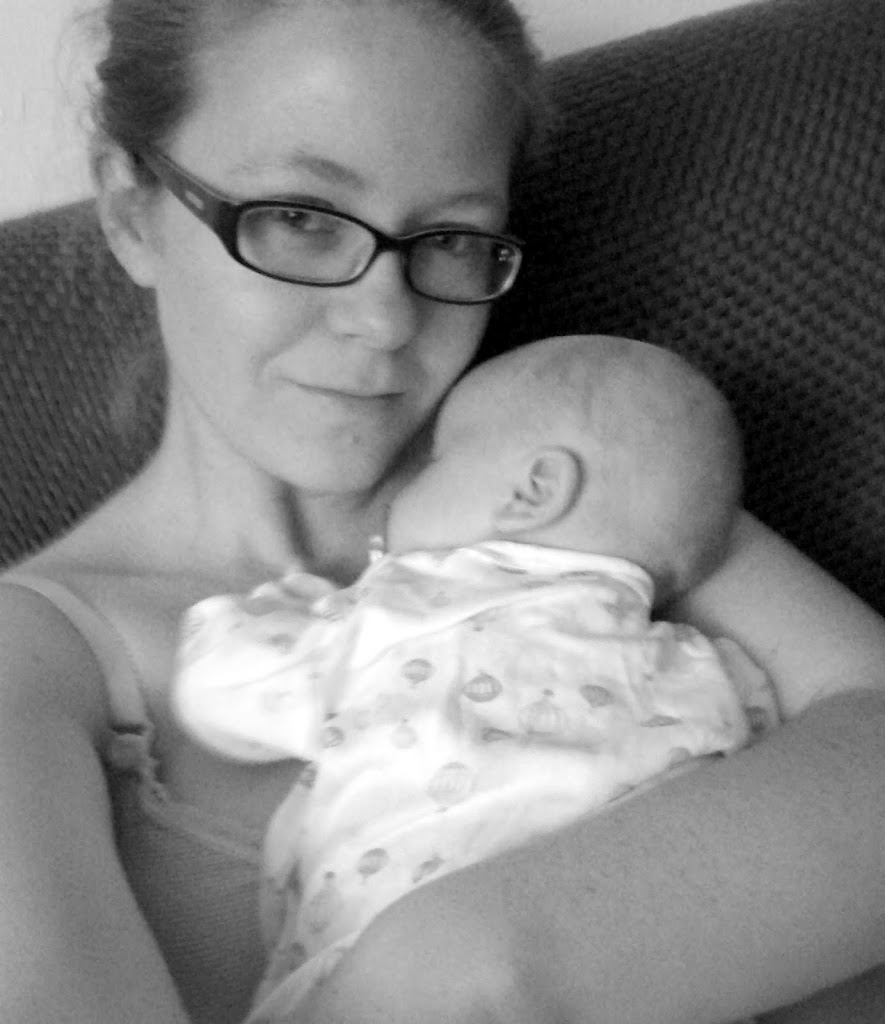
What to avoid saying
1. ‘Do you really have low supply?’ This is hard. There is a lot of information out there about how to ensure you truly do have low supply, and that your fussing baby, empty-feeling breasts and bottle-guzzler don’t necessarily mean you aren’t producing enough milk. But you are her friend, not her lactation consultant. Don’t question her, don’t expect her to explain to you in detail about all the ways she is (or feels she is) unable to provide for her baby. Don’t get her to justify her pain to you.
2. ‘Have you tried fennel tea?’ or any number of remedies… lactation cookies, beer, more skin to skin, checking for tongue tie, staying in bed for a weekend with baby, meditation, domperidone, etc. Again, unless she specifically asks you for advice, don’t offer it. Chances are you are the ten-thousandth person that has mentioned this to her, and you might just be the straw that breaks the camel’s back and have a box of breastfeeding tea thrown in your face.

3. ‘You just have to stop trying so hard. Relax and your milk will come.’ This, to me, is always the real doozy. Have you ever tried really really hard to relax? You know, every book and pamphlet I read before having my first baby said that if you really work at it, and there’s no medical reason for being unable to breastfeed (insufficient glandular tissue, hormonal imbalance, retained placenta, etc), you can. Just keep trying. There are always new things to try, and you can trust that your body and your baby know what to do. So… when it isn’t working… we should stop trying so hard? How can you stop thinking about it when your baby reminds you continuously that they are hungry? It is seems to be the people who’ve had problem-free breastfeeding journeys that love giving this advice.

4. ‘It’s because you are giving supplements. If you stopped supplementing, your supply would go up.’ Ummm no. Yes, true, breastfeeding works as supply and demand, and every time you supplement you are signalling to your breasts that they don’t need to make that milk… but hey, I’m keeping my baby alive. Your friend is choosing to feed her baby, which has to be the priority. This idea that every drop of supplemental milk you give is damaging you own milk supply and reducing your chances of being able to exclusively breastfeeding is something that was always at the forefront of my mind when feeding, and resulted in every feed being one that made me feel insufficient, and dramatically contributed to my depression. Truth does not trump sensitivity. You are not being a good friend by telling her this.
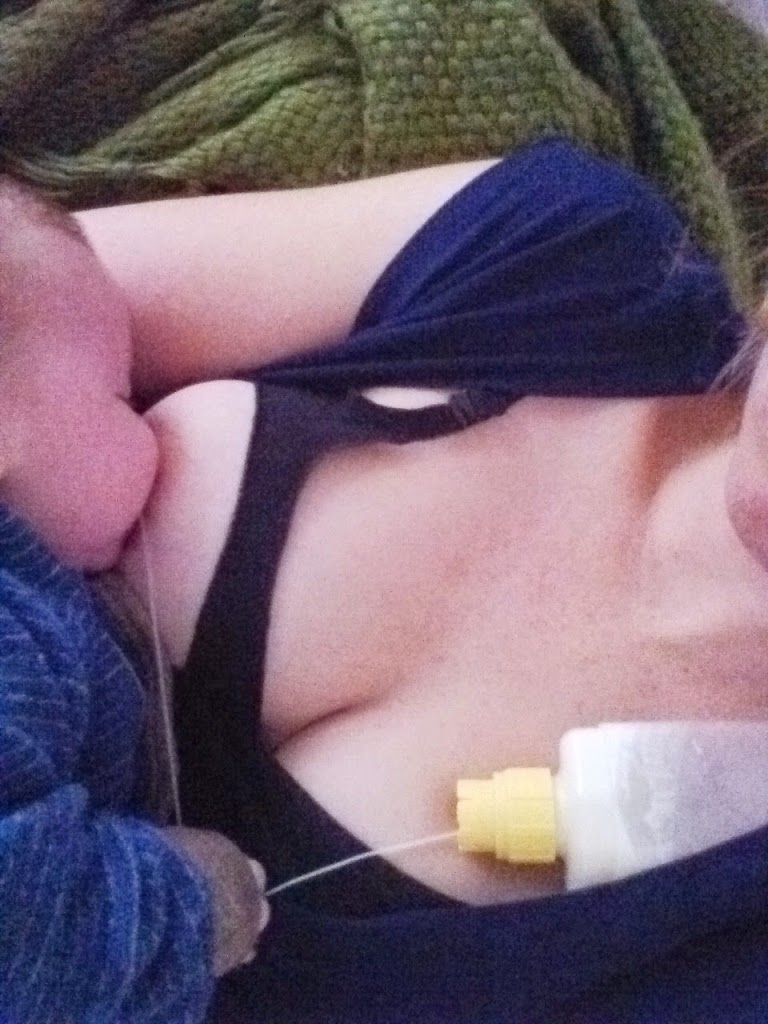
5. ‘Let me guess. You weren’t breastfed as a child, so you were lacking in self-belief to begin with. That’s where this has all stemmed from.’ This. This totally undermines your friend’s autonomy and intelligence. There is research into this area, which acknowledges that women whose family members struggled with breastfeeding were more likely to expect difficulties, therefore more likely to supplement too early and readily accept the potentially-premature end of their breastfeeding journey. But what about those who were adamant that they would breastfeed, who didn’t know of their family-member’s breastfeeding problems until after they had theirs, and who furiously tried everything to be able to establish this relationship with their baby? Saying this to these mothers is hurtful, dismissive and unnecessary, and also exceptionally rude to their own mothers.
6. ‘You are so stressed… maybe it would be better if you just stopped.‘ She knows that this is an option. She knows. She wants your support. She wants to feel like you are there with her, not that you are judging her decisions, and think she is doing the wrong thing.
7. ‘At least you don’t have oversupply. That’s a real nightmare.’ Sigh. At least your body can keep your baby alive. (And yes, I acknowledge that oversupply has it’s own problems, of course. But don’t expect someone with low supply to sympathise with those at the time of her own struggles!)
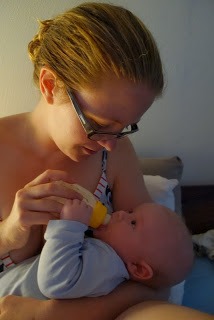
So what you can do?
1. Hold her. When she has a moment without a baby or pump attached to her breasts, hug her (gently, if her nipples are going through a tough time!) and hold her hand as she talks to you.
2. Let her know that you’ve done a bit of research into this area, or have some experience (which I expect is true if you are reading this!), or know of some good lactation consultants (if this is true), and if she ever wants any advice or tips, you’re happy to help.
3. Be practical — Hold the baby while she finishes her tea, takes a shower or nap; bring lasagne and salad; take her dirty laundry and bring it back the next day clean and folded; do the washing up.
4. Tell her that she is an amazing mother. She is the best person in the entire world to be the mother to this little baby. Tell her how you can see her baby feels such comfort and love with their mother.
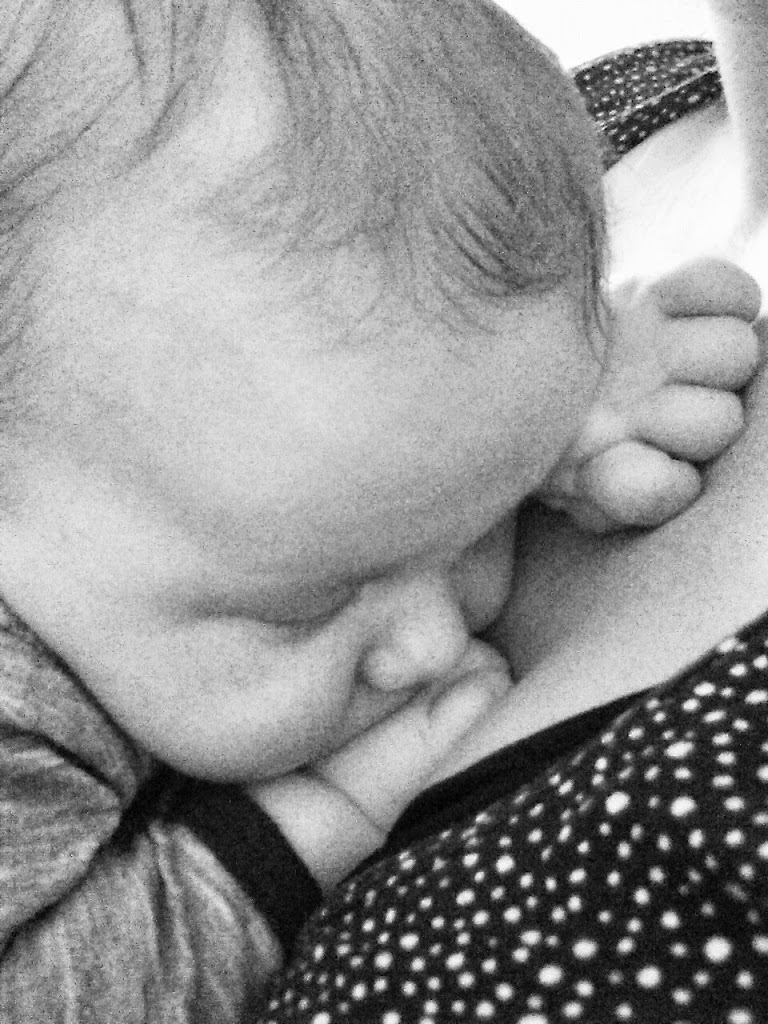
Lastly, I want to say an enormous thank you to my gorgeous friends who held my hand with me throughout my journeys and managed to keep their mouths shut and their arms and hearts open — you know who you are. I love you.



